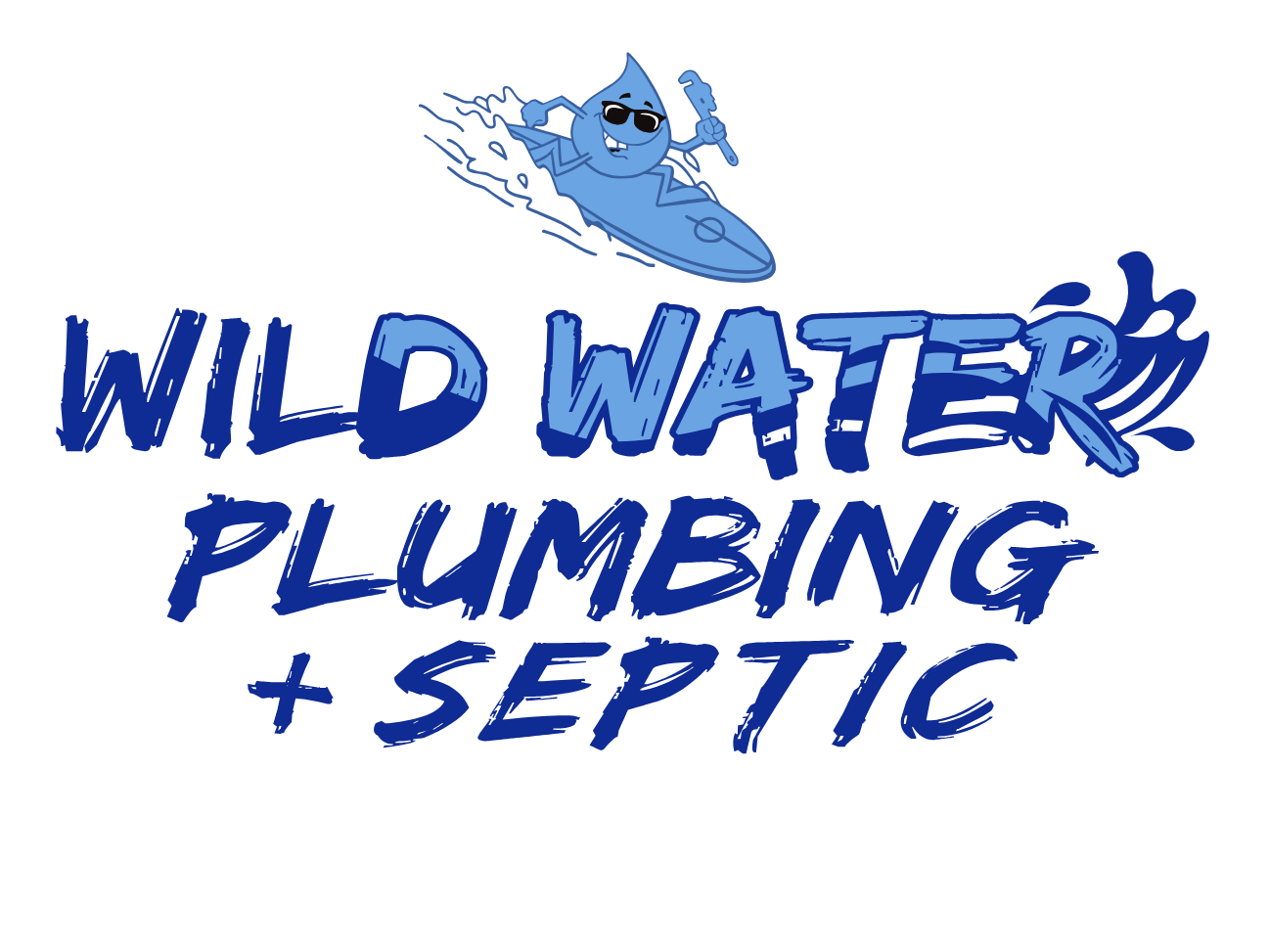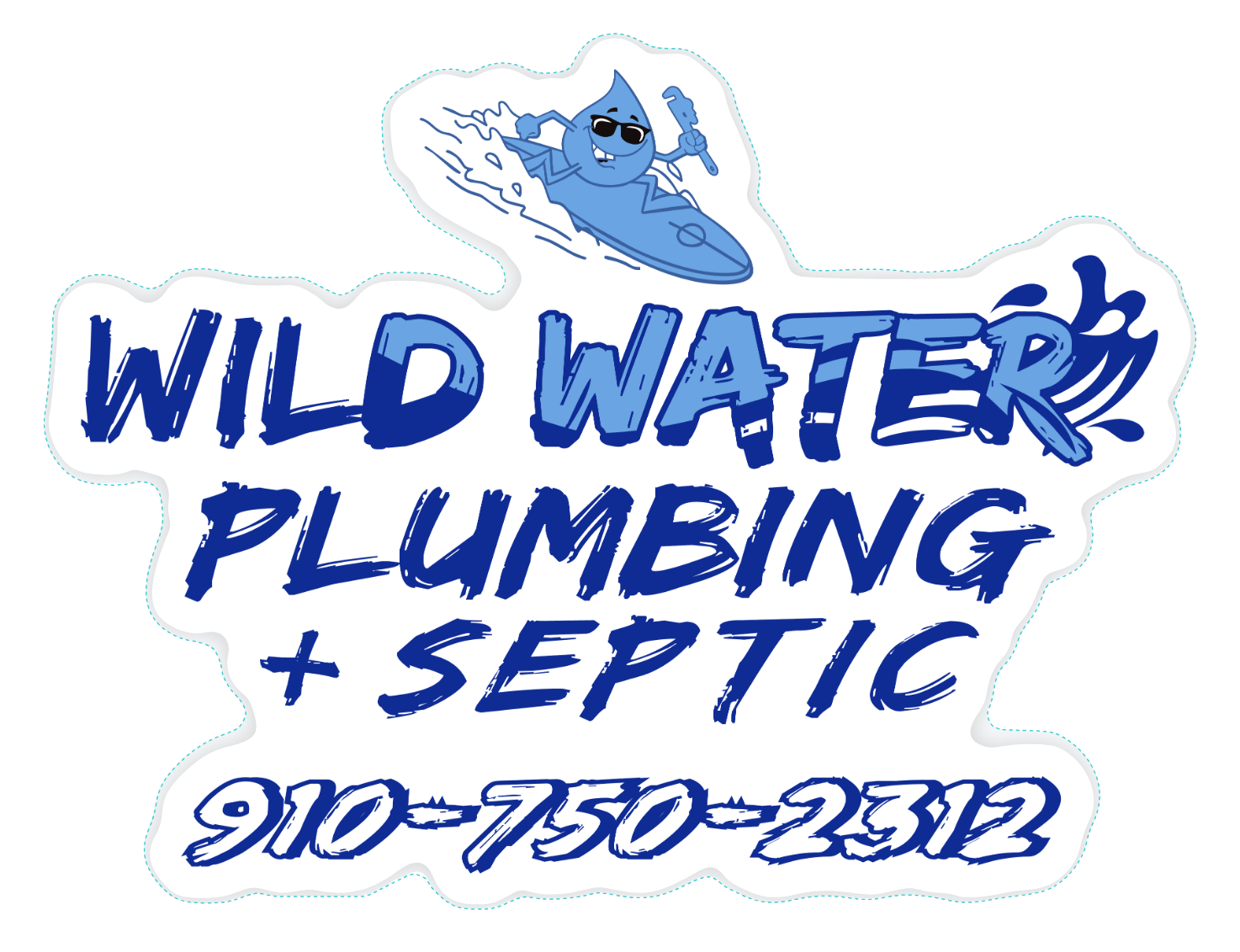A Guide for Homeowners in Jacksonville, NC
Blocked drains are a frequent concern that can cause significant troubles in your home plumbing system and devalue your property.
For residents of Jacksonville, NC, it is important to know the signs of clogged drains, find out what causes this blockage, and understand how it affects sewer lines and home values.
This article gives an elaborate account of these challenges and provides workable solutions for keeping your plumbing healthy.
Common Symptoms of Clogged Drains
There are often many warning signs which indicate that there might be a blockage somewhere along the line, such as:
Slow Drainage: When water takes longer than usual to empty from sinks, tubs or showers — it is usually an early sign that there could be a developing clog.
Gurgling Noises: Unusual sounds from your drain may mean air is trapped in pipes due to obstruction.
Foul Odors: Bad smell coming from your drain is commonly caused by decomposing debris, food particles or grease within the pipe system.
Water Backups: If water backs up into sinks, bathtubs, or toilets, you know there’s a severe blockage downstream that needs immediate attention.
These symptoms have both immediate and long-term effects like inconvenience brought about by unusable fixtures; temporary flooding and possible health risks associated with exposure to stagnant or contaminated waters.
Identifying the Source of the Problem
Knowing where blocked drains originate from helps in effectively dealing with them.
Amongst common causes for clogging in Jacksonville homes include:
Accumulation of Debris
Hair and Soap Scum: In bathroom drains, hair strands combined with soap residue form tenacious plugs that are hard to clear using ordinary methods.
Food Particles and Grease: Over time kitchen sinks get blocked due to food leftovers and fats which build up inside the pipe.
Mineral Buildup: Hard water areas experience minerals sticking onto inner surfaces of pipes thereby restricting water flow and causing blockages.
Foreign Objects
Non-Flushable Items: Toilets usually become blocked by materials that should not go down the drain like wipes, diapers or sanitary pads.
Children’s Toys: Small toys can accidentally fall into drains, obstructing their path.
Construction Debris: During renovations, rubble such as cement plaster, paint droplets as well as small tools may find their way into plumbing system leading to clogs.
Tree Root Intrusion
Roots Penetrating Sewer Lines: Especially when they are old or damaged; sewer pipes get blocked by tree roots which grow through them.
Cracked or Broken Pipes: Roots can cause further complications if they crack or break underground drainage channels thereby leading to complete failure of sewer line function.
Drainage Slowdowns and Backups: As trees continue sending out more roots underground, widespread drainage problems throughout a house become inevitable.
Pipe Damage
Corroded Pipes: With time, pipes corrode, reducing flow rates and blockages within them.
Cracked or Collapsed Sewer Lines: Structural defects on main sewers cause serious backup situations where no waste material can pass through until necessary repairs are done.
Poor Pipe Installation: Pipes that are not aligned properly during installation tend to keep blocking frequently which will need professional intervention for correction.
To establish what is causing a particular drain blockage, various methods of inspection can be used:
Visual Inspection: Often it’s possible to see if there is any surface level obstruction by just looking at visible fittings.
Assessment of Video Cameras: To obtain a more comprehensive evaluation, specialists can use cameras to identify concealed blockages and determine the state of pipes as well.
Hydrostatic Pressure Test: This method checks for leakages or cracks in plumbing systems by examining pipe durability under pressure.
Effects on Residential Plumbing and Sewer Systems
Clogged drains have several significant impacts on the efficiency and safety of household plumbing systems:
i. Efficiency of the System
Reduced Flow Rates: Inefficiencies caused by clogging may slow water flow through your pipes, making daily bathing difficult.
Pipe Overloads: Clogs lead to increased water pressure buildup behind an obstruction which stresses outpipes causing them to burst/leak.
Overworked Sump Pumps: When pumps get blocked they overwork themselves leading to early failure especially if there are many sumps in one house.
ii. Structural Integrity
Bursting Pipes: Pipe damage due to bursting is common where there is high resistance like bends or joints; hence, this poses a risk mostly at corners where changes happen abruptly along sewer lines, thus causing flooding inside buildings. Besides being costly repair exercises too;
Foundation Undermining: Leaked water from broken pipes seeps into foundations, resulting in foundation problems and eventually compromising houses’ stability;
Soil Erosion: Water leakage also erodes the soil surrounding homes, affecting landscapes. Even foundations weaken when soil particles are washed away downwards, creating void spaces beneath floors that can cave in at any time, leading to the collapse of structures erected above them.
iii. Health Risks
Backup Sewers: Serious obstructions sometimes cause sewage backups within households, exposing occupants not only dangerous contaminants but also bad odors that come with such incidents, which pose significant health hazards;
Pollution Drinking Water: Cross contamination between clean drinking water supplies and cross-contaminated by sewage is possible if there is a blockage somewhere down the line, contaminating the source with harmful organisms like bacteria, causing diseases such as typhoid fever, among others.
Breeding Sites For Pathogens: Stagnant infected waters trapped inside blocked pipes serve breeding grounds for various types of pathogenic microorganisms, thus becoming potential sources of infection in people living nearby;
iv. Maintenance
Frequent Professional Cleaning: Regular cleaning off stubborn clogs calls for frequent interventions from professionals who are skilled enough not only to remove them but also to ensure smooth flow after that, preventing further damage within systems;
Regular Inspections: Pipeline owners should conduct routine checks of their piping network to spot potential hazards before they escalate into significant problems that might require expensive repairs.
Replacing or Repairing Pipes: Certain sections may need to be replaced where too much has been damaged beyond repair; otherwise, changing the entire system would serve a better purpose since it would enhance efficiency and safety.
Effect on Home Value
The value of your home can be influenced by the state of its plumbing system, including whether or not drains are clogged:
Immediate Depreciation in Worth
Bad Impression on Buyers: Prospective purchasers often shy away from buildings showing signs of plumbing troubles, thereby reducing chances of getting quick buyer response during property sale transactions;
Reduced Marketability: Houses having recurrent plumbing challenges take longer to sell, thus lowering their demand level within real estate markets worldwide;
Lower Appraisal Values: Plumbing issues usually result into lower appraisals hence affecting overall cost estimation while setting selling price.
Repair Costs Involved
Expensive Fixes: Serious pipe blockages necessitate costly repairs such as replacing parts entirely or extensive cleanups, which directly affects net worth realization;
Possible Requirement for Major Overhauls: At times, a complete overhaul may become necessary, especially when all sections prove faulty simultaneously; this can turn out quite an expensive undertaking, thus eating up most savings someone had planned to invest elsewhere within the property.
Long Range Implications
Weakening Home Equity: Continuous failure to deal with plumbing problems leads to gradual loss over time, therefore reducing the owner’s percentage stake on investment value mainly should such faults contribute significantly towards causing structural damages that eventually affect overall stability;
Diminished Resale Prices: Buildings with histories related plumbing defects normally fetch lower amounts during resale compared those without similar challenges since buyers would want offset potential risks likely arise future due existing system failures in them.
Difficulty in Securing Buyers: You may face trouble selling your house if potential buyers find out it has plumbing problems, which can lead to a prolonged period on the market.
Preventative Measures
Regular Plumbing Maintenance: Regularly maintaining your plumbing system can help prevent many issues associated with blocked drains, thus saving its value.
Investing in Pipe Upgrades: Another preventive strategy would be replacing old pipes with more durable ones that do not clog easily hence maintaining efficiency in the entire system.
Landscaping Considerations: Properly landscaping around sewer lines can hinder tree roots from penetrating them and causing blockages among other related problems.
Wrap-up
Clogged drains are a significant concern for homeowners in Jacksonville, NC, as they affect the proper functioning of their plumbing system, compromise the house’s structural integrity, and diminish its worth.
Recognizing symptoms, identifying sources, and taking preventive steps to care for your piping will save you from expensive repairs while ensuring that your property appreciates over time.
Conducting regular checks, seeking professional plumber drain cleaning services, and implementing preventive measures remain vital elements for efficient drainage systems and valuable homes.


